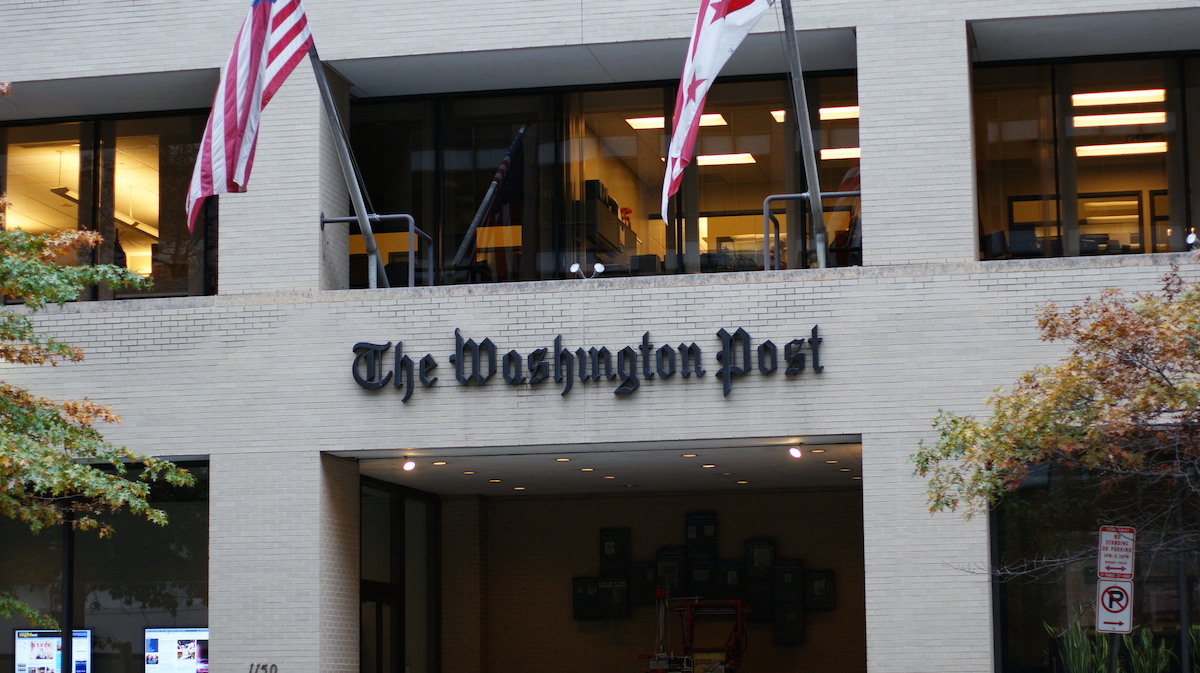Why go looking for the news when the news can come looking for you?
In the three months since Facebook announced a platform for creating Messenger bots, developers have made more than 11,000 of them (according to Facebook). There are bots for shopping, bots for weather announcements and, yes, bots for news.

Hi, bot. (Screenshot)
On Tuesday the Washington Post entered the fray with its own messenger bot — a bot that focuses, for now, on top stories, election news and (soon) Olympics alerts.
“With millions of people communicating on Messenger, we wanted to see how we can engage them with reading news in this experience,” Joey Marburger, director of product at the Post, said of the new bot. The bot was built by the Post’s in-house engineering team, and took about two weeks to bring to fruition, Marburger told Nieman Lab.
What’s unclear, though, as The Verge reported earlier this month, is whether Messenger users actually like interacting with bots. Facebook has not released those numbers yet.
Technical.ly interacted with the Post bot and, yeah, it’s still got some bugs (as Nieman Lab also noticed). Apparently these bugs have to do with language processing, and the team is currently working to improve the user experience.
Regardless of early bumps in the road, Messenger bots are an interesting new way to get interactive with readers. Marburger said that the Post hopes to be able to personalize the service over time, giving users more of the kind of stories they generally seek out.
And Messenger isn’t the final frontier for this bot, either. Marburger said the team aims to launch a text message-based version in the fall, and a Slack version shortly thereafter.
Companies:
The Washington Post / Facebook
Before you go...
Please consider supporting Technical.ly to keep our independent journalism strong. Unlike most business-focused media outlets, we don’t have a paywall. Instead, we count on your personal and organizational support.
Join our growing Slack community
Join 5,000 tech professionals and entrepreneurs in our community Slack today!

The person charged in the UnitedHealthcare CEO shooting had a ton of tech connections

From rejection to innovation: How I built a tool to beat AI hiring algorithms at their own game

Where are the country’s most vibrant tech and startup communities?

